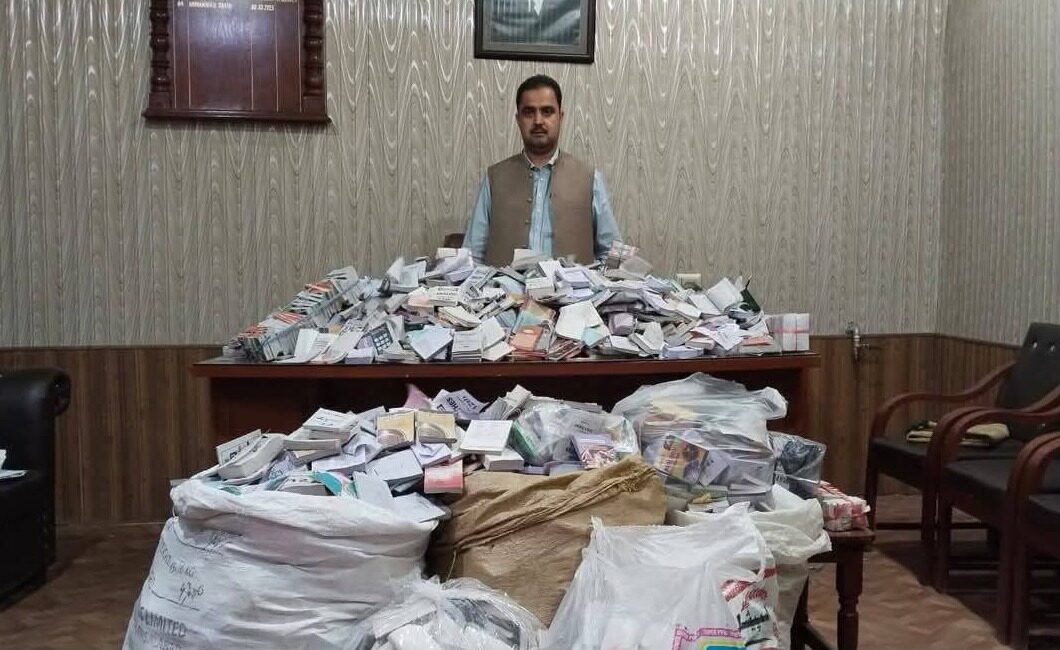By: Ghulam Hussain Ghazi
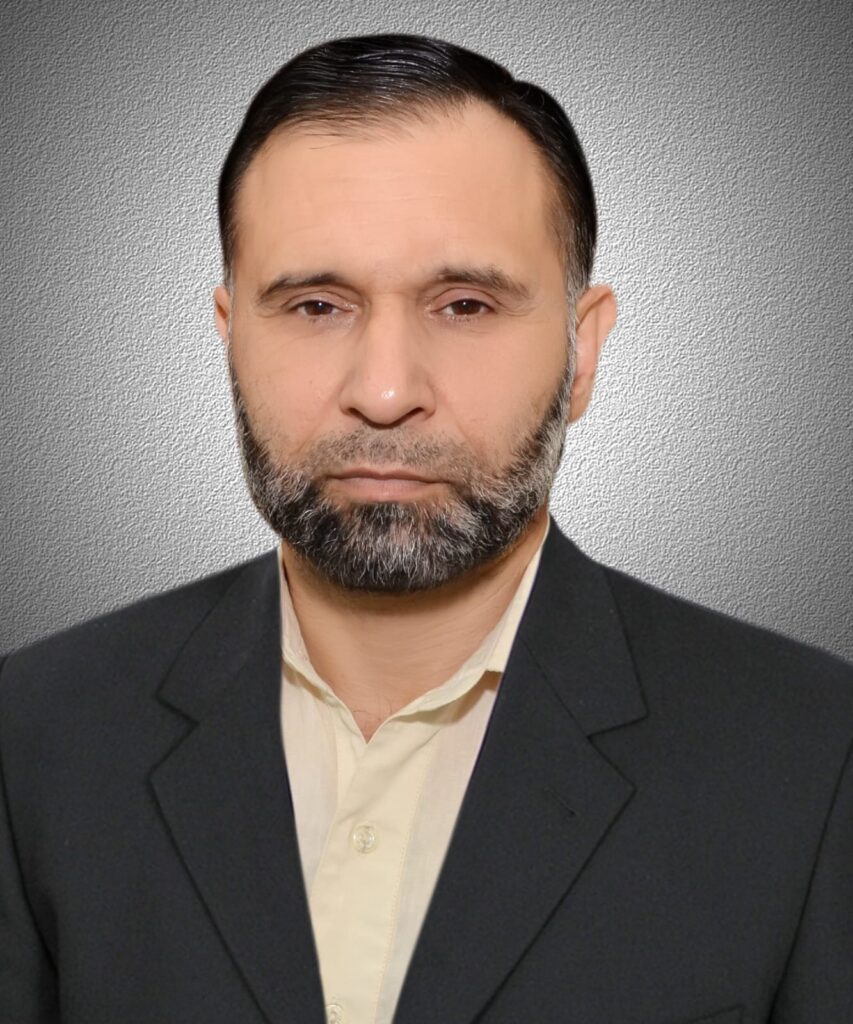
In an era where education systems around the world are striving for excellence, it is alarming to imagine a scenario where the entire process of teaching and learning collapses at the critical juncture of examinations. Yet in Pakistan, much like other struggling sectors, the examination system has long been entangled in the grip of powerful mafias. The leaking of papers and wholesale selling of examination halls have become public scandals, particularly in Khyber Pakhtunkhwa, where the rot runs deep. For years, cheating was not just the act of a desperate student, it had evolved into a sprawling, organized business worth millions. Amid such decay, the decision by the provincial government to take bold corrective action was both timely and courageous.
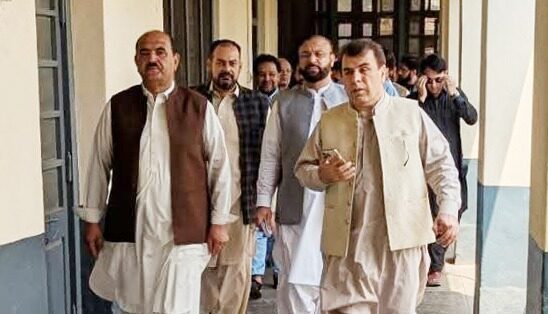
When Commissioner Peshawar Division, Riaz Ahmad Mehsud, was entrusted with the additional responsibility of Chairman of the Board of Intermediate and Secondary Education (BISE) Peshawar on March 25, 2025, he wasted no time in introducing far-reaching reforms. True to his resolute nature, he not only proposed a radical overhaul of the examination system but immediately began implementing it, even as the Matric and Intermediate exams loomed. Many advised him to delay reforms until the next session, allowing the current exams to proceed under the status quo. But Riaz Mehsud stood firm. For him, compromising even marginally on the future of the country’s youth was out of the question.
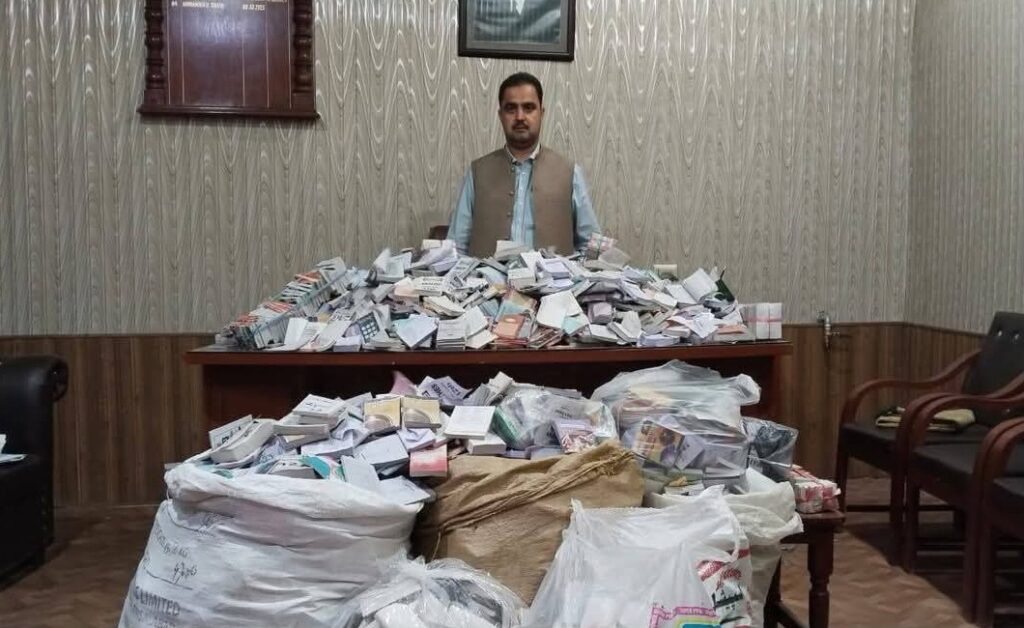
The effect of this resolve was soon felt across the province. As the Matric and Intermediate examinations concluded without incident, parents, students, and members of civil society alike lauded the process as transparent, fair and free of interference. What little resistance had existed to these reforms gradually faded away. Central to the overhaul was the introduction of a “cluster system”, which effectively broke the back of the cheating mafia. Instead of allowing schools and colleges to host their own students, examination halls, were reorganized to accommodate students from multiple institutions, none of whom were familiar with one another, or even with the invigilators. With this anonymity came integrity, and with integrity, the possibility of genuine academic merit.
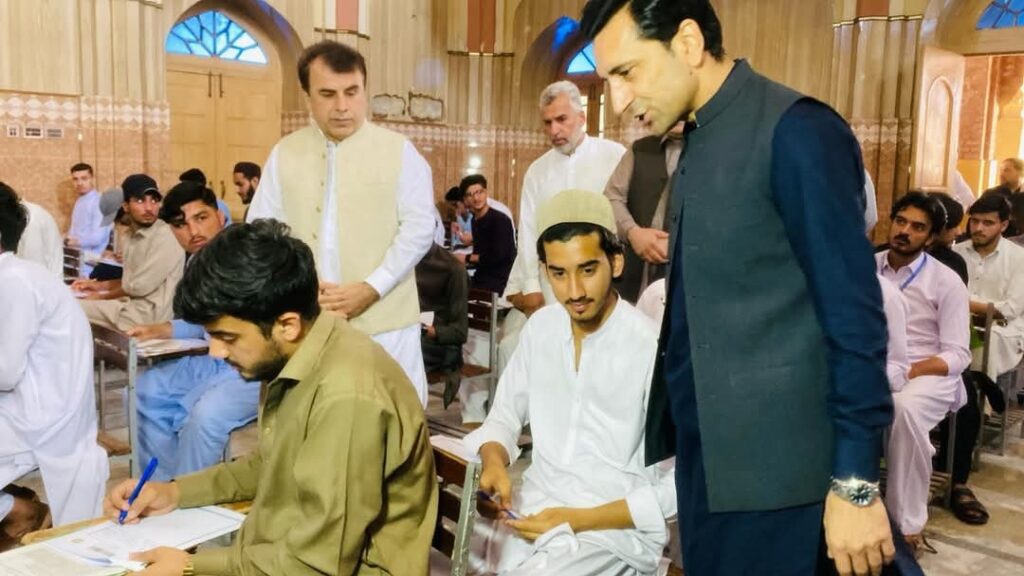
Despite the exams being imminent, Riaz Mehsud moved swiftly to convene emergency meetings with all stakeholders connected to the education sector. His approach was comprehensive. In addition to rooting out the mafia’s influence, he ensured that facilities at examination centers were upgraded to meet modern standards. This included better lighting, drinking water, medical support and strict cleanliness protocols. Responsibilities were clearly delegated across federal and provincial departments, while the Commissioner himself remained in the field, day and night, to monitor compliance and ensure effective implementation.
As KP govt also adopted candid steps to safeguard the examination process from malpractice, CCTV cameras were installed in exam halls, linked directly to board control rooms. Section 144 was enforced around exam centers to restrict unauthorized access. The sale of pocket guides was banned and nearby photocopying shops were closed for the duration of the exams. Remarkably, at the BISE Peshawar level not a single unfair means (UFM) case was filed against students during either the Matric or Intermediate exams, a major departure from past practices, where such cases were often weaponized to protect teachers and board officials from scrutiny. This time, accountability traveled upward. In one striking example, officials including a superintendent and deputy superintendent were caught facilitating cheating at a center in Peshawar’s Zaryab Colony. They were summarily dismissed and permanently barred from any future examination duty. Such disciplinary action sent a clear message: the era of impunity was over.
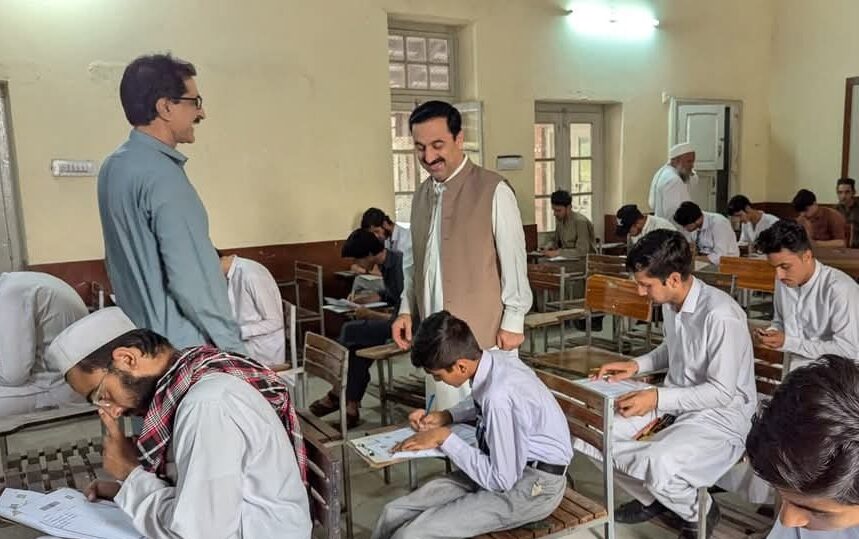
Students were provided with a peaceful and dignified environment, with uninterrupted electricity, clean toilets, quality furniture, and access to healthcare. Transparency was ensured without harassing candidates. Invigilators were assigned through a transparent lottery system and received proper training in advance. Additionally, a crackdown was launched on private schools that had been charging students illegal fees for exams. Orders were issued for refunds, holding such institutions accountable for their exploitative practices.
The success of these measures did not remain confined to Commissioner Mehsud’s personal initiative. Chief Secretary Khyber Pakhtunkhwa, Shahab Ali Shah, followed up with formal directives to all examination boards, emphasizing that cheating and mismanagement would no longer be tolerated. He made it clear that educational institutions would now be evaluated based on performance, and any lapses would attract serious consequences. These instructions were communicated in writing to divisional commissioners, deputy commissioners and board chairmen.
Meanwhile, Provincial Education Minister Faisal Tarakai not only praised Riaz Mehsud’s efforts but personally accompanied him during exam inspections. He also indicated that these reforms would be expanded to all boards across the province, ensuring uniform standards for examination integrity. As a result, the examination system in Khyber Pakhtunkhwa has been cleansed of malpractice and regained the public’s trust. Students, parents, teachers, and civil society have expressed broad approval. Some have even recommended that Commissioner Riaz Mehsud be honoured with state awards and monetary recognition for his exceptional service.
The reality remains that no matter how degraded an institution becomes, it only takes one capable and committed individual to turn the tide. Peshawar, the city of flowers, is not short on such individuals. Alongside Riaz Mehsud stands the towering example of Dr. Ilyas Syed, who decades ago transformed the near-defunct Paraplegic Center Peshawar into a model institution of rehabilitation and human dignity. Through leadership and vision, he reshaped the institution and its people into an unmatched center of excellence across South Asia.
Today, the examination reforms initiated under the leadership of Commissioner Peshawar Division are not just a provincial success story, they serve as a national blueprint. His fearless leadership, relentless work ethic and unwavering commitment to ethical service have proven that when the intentions are pure and the goal is noble, even the most corrupt system can be reformed. Such courageous and selfless individuals deserve the highest civilian honours, not just as a reward, but as an example for others to emulate, so that our institutions may grow stronger, and our country may move decisively toward a brighter future.

